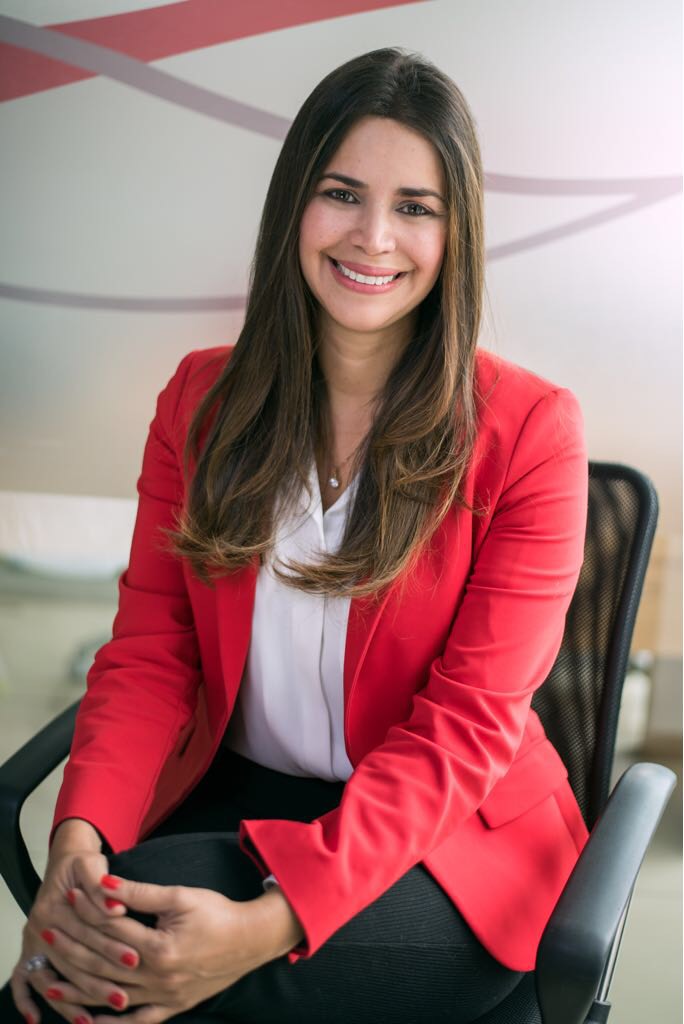
For more than 20 years, I have worked with different organizations in Latin America exploring employees’ happiness and drama in the corporate world through conversations with managers, core teams, and technicians.
Today, organizations are learning how to address some of these questions: How to balance work and personal life? How to mentor and coach employees for a more fulfilling life in the workplace? How to help create organizational environments and culture that are based on teamwork, interdisciplinary, agile and joyful systems? How to cope with corporate dynamics such as absorptions, fusions and integrations that affect people´s confidence in organizations?
In the 4c Communication, Culture and Climate Observatory based in Lima, Perú we think that the following are four of the most important paradigms to incorporate into employee culture and communication today.
- Orthodox generosity to strengthen organizational culture: Malcolm Gladwell introduced this concept on his podcast Revisionist History in order to explain that organizations today are facing new challenges that go from traditional or foundational basics to agility, digital transformation, flexibility, and others. Tradition and change are two poles that seemed to be competing, but instead, they need to live together harmonically and find the middle ground. This means we need to be committed to and honor organizational traditions and history, but at the same time, we need to be open to change and disruption. How do we help our organizations grow while still remembering where they came from? What are their foundational principles? Who are the people that first inspired the organization? In parallel, organizations with orthodox generosity are open to change and to adopt new frameworks and multicultural, digital and generational challenges.
- Building a culture of givers rather than takers. Adam Grant in his book Give and Take entitles us to build a culture of productive generosity. Organizations that build this type of culture are the ones that gain sustainability and help employees to grow and engage in a culture of values and high motivation. They have leaders that shape conversations in order to help employees align their personal values with the values of the organization. A culture of givers will help employees to have the motivation to work as a high performance team, in a more collaborative way, communicating with more empathy and assertiveness and be able to understand transdisciplinary challenges. In a culture of givers communication is characterized, first of all, by people who are willing to hear, observe and share.
- From Knowledge to Wise Organizations: I heard a couple of weeks ago the inspirational Indian speaker Navu Nadju, author of the book From Smart to Wise. He spoke about the importance of shaping leaders to be wise rather than smart. This made me reflect about our organizations and the challenge of building wiser organizations that are characterized by a special intuitiveness in order to understand employee emotions and most importantly, employee needs. Helping create a more conscious organization implies having people with special capacities who can apply intelligence to serve the common good (noble purpose). Organizations that balance action and reflection. Ethics, humility and discernment are key attributes. At the end, it is about helping our people to be more connected to the “whys” rather than the “whats”.
- From “Stand about” to “Walk about” culture and communication:
This paradigm invites us to help leaders to start communicating in a new and more basic way: Motivating powerful conversations with employees at all levels through improvised discussions that are loaded with meaning. In other words, less Powerpoint and more human points of view. New communication models tend to invite us to hear more and connect with our collaborators rather than filling them with lots of information. This will help us build a more confident and welcoming culture.
Our challenges regarding shaping communication and culture in organizations have changed. New standards and paradigms are now based on real significant interactions where listening, sharing and looking for purpose, social and corporate consciousness, are orienting the organizational conversations and reality.
 Silvia Carrillo is a Strategic Thinker in Culture, Communication and Change Management. She is CEO of Eco Consultores and Director of the 4C Observatory in Culture, Communication, Change and Organizational Climate in Lima, Perú.
Silvia Carrillo is a Strategic Thinker in Culture, Communication and Change Management. She is CEO of Eco Consultores and Director of the 4C Observatory in Culture, Communication, Change and Organizational Climate in Lima, Perú.



